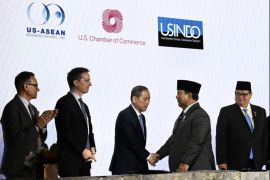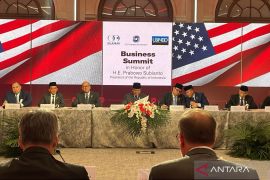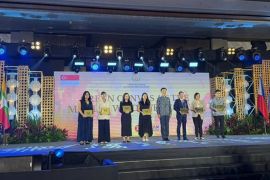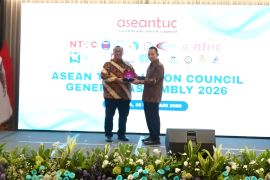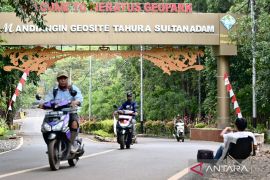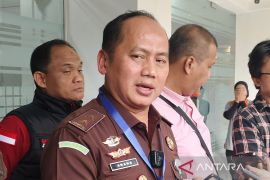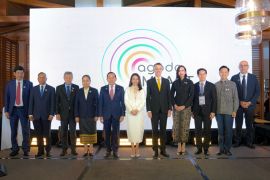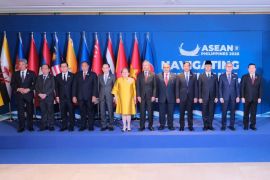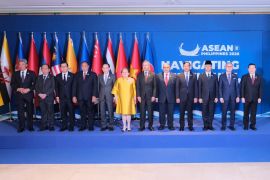Aquino told fellow leaders of the Association of Southeast Asian Nations that the fundamentals of the proposed code should be "internal" to the regional block`s members, according to a statement by the Philippine foreign ministry.
"It is important that we maintain ASEAN centrality," Aquino said at the annual ASEAN summit in the Cambodian capital Phnom Penh.
"After the CoC (code of conduct) has been finalised by ASEAN, then ASEAN member states will meet with China."
Philippine ambassador to ASEAN Wilfrido Villacorta told reporters Tuesday that China has said it wanted to be involved in the preparation and the drafting of the proposed code from the beginning.
Villacorta however noted that ASEAN had always taken the "driver`s seat" in its dealings with dialogue partners like China, Japan and South Korea on any issue.
"That means we set the agenda, we set the direction," he added.
Officials have said that not all ASEAN members support the Philippine position.
During Indonesia`s chairmanship of the regional bloc least year, ASEAN and China agreed on a set of guidelines for the proposed code, ending a nine-year impasse.
The code is envisioned to be a legally binding document aimed at preventing small incidents in the South China Sea from escalating into bigger conflicts that could draw in major world powers like the United States.
ASEAN members Brunei, Malaysia, the Philippines and Vietnam along with non-members China and Taiwan have overlapping claims in the South China Sea, a conduit for more than one-third of the world`s seaborne trade and half its traffic in oil and gas.
The Philippines and Vietnam accuse China of aggressively asserting its claims in recent years. The United States meanwhile asserts a "national interest" in keeping the sea`s shipping lanes free and open. (*)
Editor: Kunto Wibisono
Copyright © ANTARA 2012
